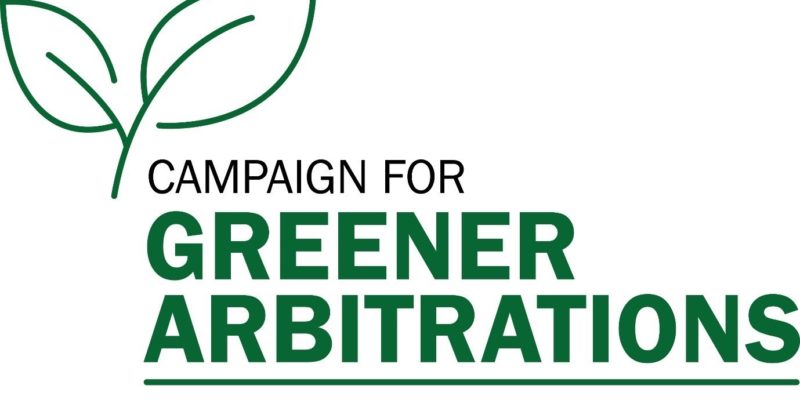UNCITRAL Working Group III: Security for Costs – An Inefficient Mechanism to Avert Frivolous Claims in ISDS
Ahead of the thirty-ninth session of UNCITRAL Working Group III (Investor-State Dispute Settlement Reform), the General Assembly Secretariat issued a note on issues to be considered on the topic of security for costs and frivolous claims. Averting frivolous claims has been a recurring topic in the ISDS debate over the past years, not least in…

